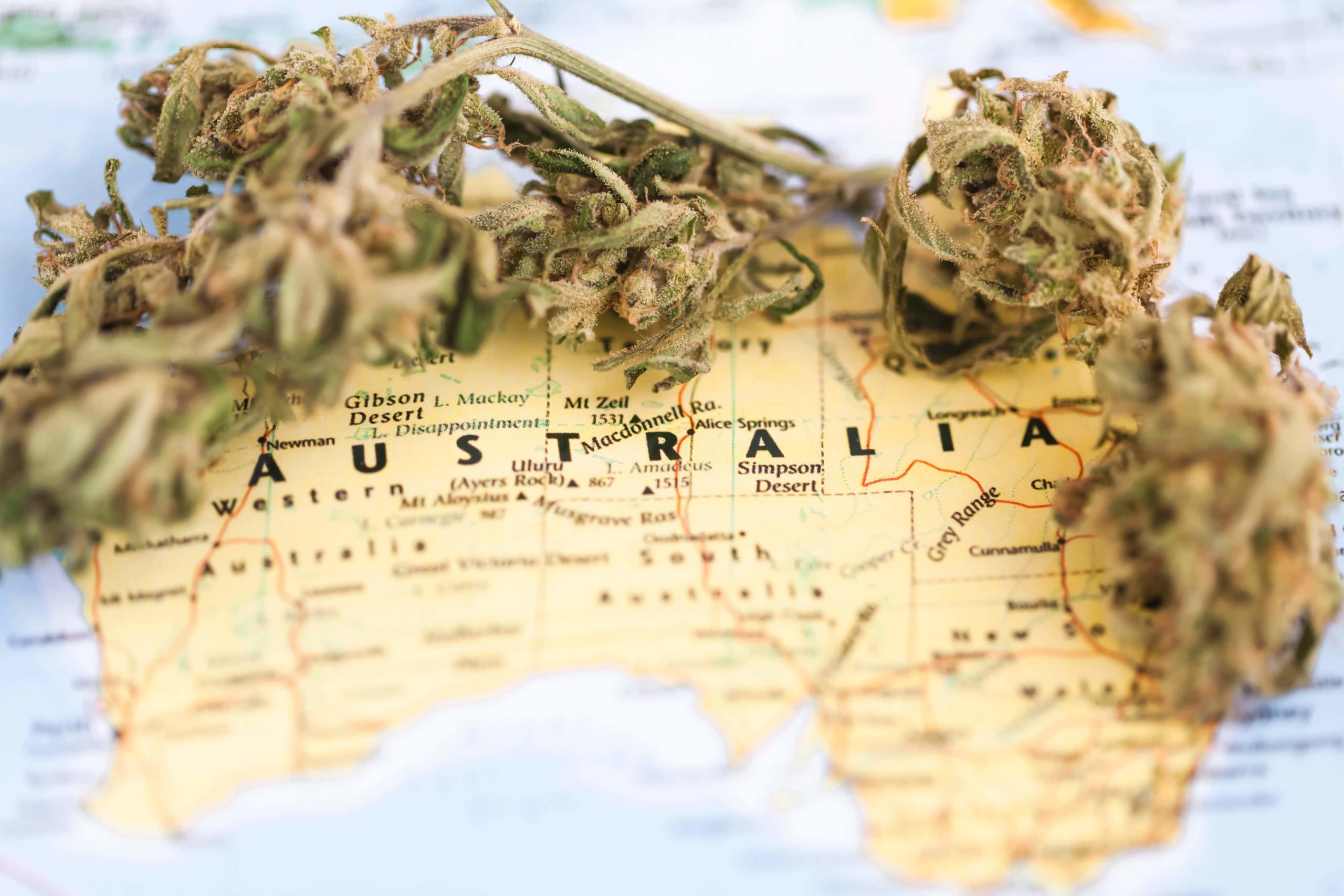
Support for cannabis legalization in Australia has doubled in six years |
Attitudes towards cannabis in Australia have changed quite dramatically, according to a new research report published in the Drug and Alcohol Review.
The National Drug Strategy Household Survey (or NDSHS) is a national cross-sectional survey of drug and alcohol use among Australians 14 and over. This does not apply to people in hospitals, nursing homes, people without permanent residence and / or military service, prison inmates and people who do not speak English. It is carried out every three years and typically samples around 20,000 people using random samples spread across 15 different regions.
Specific results for Australia
The first finding is the most interesting, if not surprising. Support for the legalization of cannabis rose by only a few points between 2007 and 2013, but much more dramatically, from 25.5 percent of the population in 2013 to 41.1 percent in 2019. Support for the legalization of other forms of drugs such as cocaine and ecstasy also rose dramatically, though not as much as cannabis. Support for changing the legalization of heroin did not change noticeably.
The study also found that advocacy for legalization is age independent, with the exception of those over 50. Men are still more supportive of legalization than women, as are college graduates. Native Australians are also more supportive of cannabis use than expats. Employment status is unrelated to support for legalization.
Finally, the number of people advocating the punishment of possession of small quantities for personal use has continued to decline.
Meanings and interpretations
The main results of the study come as no surprise. Australia has been steadily advancing medical reform over the past few years. This in and of itself has always changed the conversation – and so far in every legalizing jurisdiction and every country. See both North America and Europe since 2013.
While support for the legalization of other “illegal” drugs has been found to have increased, which is partly a generational response to the punitive nature of the war on drugs, support for cannabis is also significantly greater.
Intergenerational support is also in line with other studies elsewhere, despite the boomers’ reputation as the generation that “rediscovered” cannabis (as well as other illicit drugs).
The Impact of North American Reform
It cannot be denied that the impact of reforms in North America (in both Canada and the US) has influenced the discussion of cannabis reform elsewhere since the turn of the century, and even more so since the beginning of the events of the last decade, when the legalization movements both began in the USA as well as in Canada. This also has to do with the way reform news has spread – namely via digital social media channels.
One thing is clear, however. In the past decade, cannabis reform has become a global issue, including in Australia, of course.
What’s likely to happen next down under?
The answer to that question is in the air, especially now.
The last nationwide survey on this topic in December of last year showed that almost 50 percent of Germans now support a recovery reform. Since this year, the legalization of the full boat has been at the top of the agenda of the new political coalition.
In view of the fact that the cannabis reform in Australia in general was influenced by German developments, if not followed, this could mean that the topic could be taken up again here at national level as early as next year.
Last year Queensland formed the first party specializing in cannabis legalization. That year, in August, a “Territory” effort was put down in Victoria. The topic has been heating up there in recent years and, unsurprisingly, is gaining momentum at the national level in the wake of medical reform.
The fact that Australia, like other countries, views cannabis reform as a valuable source of domestic taxation beyond a quality crop for export is clearly another reason the issue will undoubtedly continue to move forward.
Interestingly, the study was also published because the national health authority in Australia rejected psychedelics for therapeutic use.
The effects of the English-speaking cannabis reform
One thing is undeniably clear even during the period of this study – namely the importance of English-language, global digital, pro-cannabis media. This, in turn, has absolutely driven the largest countries in the world where English is the spoken language to definitely push the subject since Uruguay.
The fact that Germany, as the largest industrialized country, will at least legally legalize recreational use in the next year will also have an impact. Starting with the fact that Germany is already interesting for those in the Australian medical industry who want to sell in this market.
No matter what, in other words, the Aussies now seem on the verge of major reform. And like New Zealand, which narrowly missed recovery reform by a little more than two points in the general election last year, not to mention other countries, the steady tendency in most democratic western nations means that majorities are in the “for” column within the next couple of years.
In the meantime, an emerging industry will find its way through the regulatory spaces and developments. And that of course also includes the conversation down under.

Post a comment: